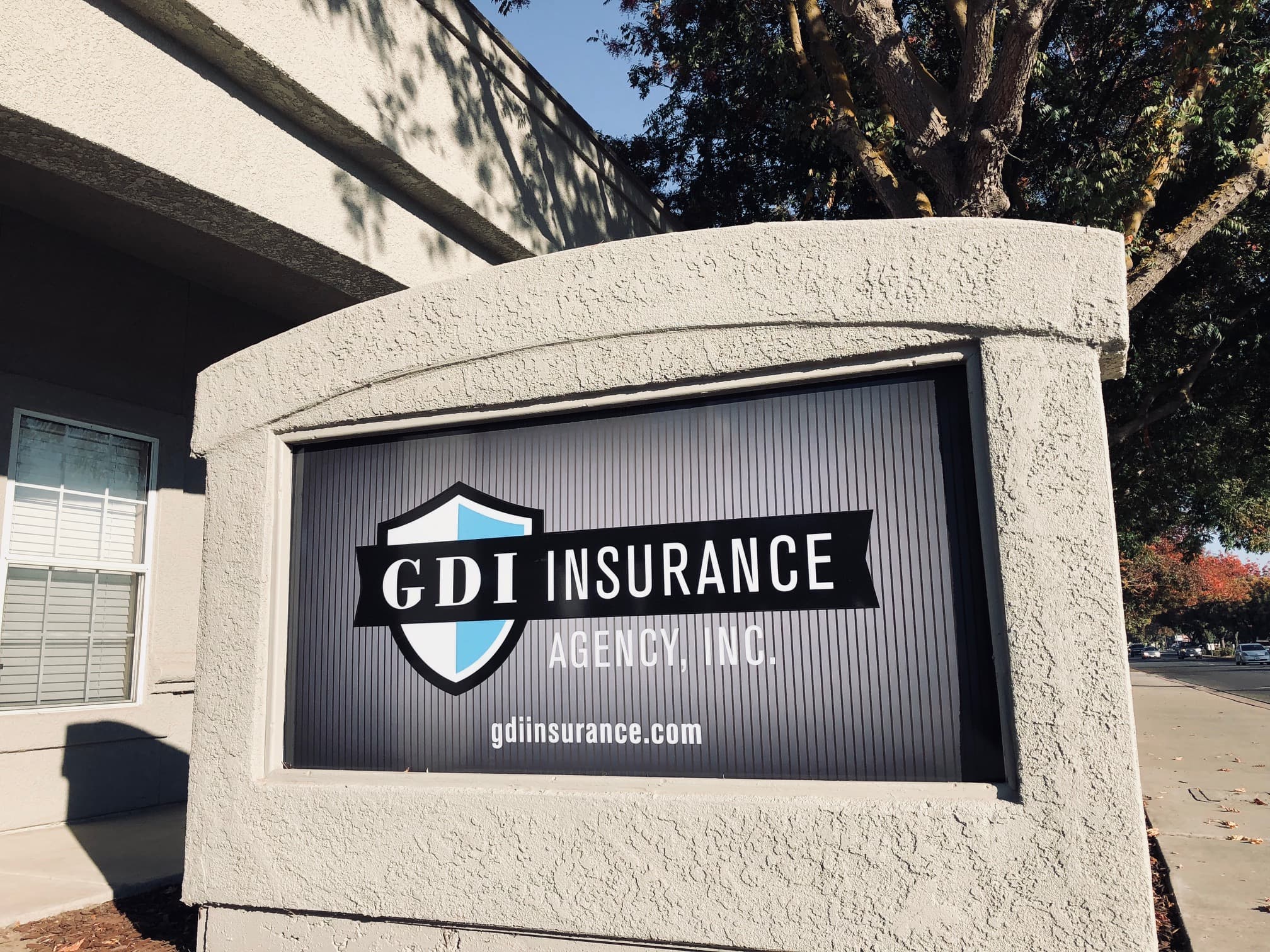Do You Lend Out Your Construction Equipment?
Contractor sometimes have relationships with other contractors in which they borrow from or rent equipment to one another on a short term basis. However, most California contractors equipment policies exclude coverage for equipment that has been loaned or rented to others, which means your own equipment insurance will not cover damage to your equipment that is under someone else’s control. The borrower’s commercial general liability policy almost always excludes coverage for damage to “personal property” in the insured’s care, custody or control”, which means no coverage in that policy either, even if the borrower is legally liable for the damage to the equipment. Bottom line, borrowed equipment needs to be covered by the person borrowing the equipment.

Fortunately, most contractors equipment insurers are willing to cover equipment borrowed or rented by their insured. Some contractors equipment insurance policies automatically include equipment borrowed or rented by the insured as “covered property”, but many policies only provide this coverage if the appropriate endorsement is attached. Contractors that rent or loan construction equipment to others should require the borrower/renter to provide proof that coverage for this exposure is in place. Contact GDI Insurance Agency, Inc. for your contractors insurance options 209-634-2929.
If You Think It Is Awkward To Ask
Think about the cost of the equipment and the hassle to get the piece of equipment replaced or fixed. It could hold up your own projects in the meantime, causing delays and costs that you were not prepared to deal with.
If you’re the “nice guy” lending your construction equipment to another contractor, you need to ensure the coverage for borrowed equipment is in place by the borrower. Even if it is, check that the limit is enough in terms of value. Be sure to check on the borrower’s policy and if it prohibits the type of equipment borrowed or excludes certain coverages specific to the type of equipment loaned, such as boom or weight of load damages. If there are any issues, ask the borrower to place your piece of equipment on the scheduled list of equipment already insured by their policy.
Ensure your Construction Company and Equipment is Covered and Claim Expenses Don’t Hit Your Bottom Line:
1. Know the coverage – A borrower of equipment is likely expected to provide coverage for damaged borrowed equipment, even though there’s no contract in place. The borrower’s policy should be endorsed to provide coverage for rented or borrowed equipment. This coverage is not automatic in most policies.
2. Borrow with operator – Usually, your general liability form will not cover an item in question, as it’s considered under the borrower’s “care, custody and control”. Most contractors equipment insurers are willing to cover equipment borrowed or rented by their insured, as long as the appropriate endorsement is attached.
3. Consider a rental agreement – For longer term loans on higher value items, and for that matter any type of equipment loan or borrowed equipment, it’s advisable to establish a contract for coverage by putting the loan of equipment in an actual rental contract.
Building an Equipment Rental Contract

An equipment rental policy is an important line of defense against damage, theft or lawsuits resulting from an equipment malfunction or equipment damage. It can be tricky to draft a rental agreement that covers every potential situation, so keep these tips in mind as you create your policy.
Types of Rentals
Nearly everything used in the construction industry can be rented, such as the following:
- Scaffolding
- Cranes
- Power tools
- Ladders
- Dump trucks
- Bulldozers
Different types of equipment produce different hazards, so it is important to outline the risks of the equipment being rented or borrowed. Any user should be advised to read and follow the manufacturer’s specifications for safe use. Your company is not liable for negligence.
Certain equipment may require a trained operator, such as a crane. Let the renter know up front if the type of equipment they are renting requires a trained operator and if you will be providing an operator for the specified job.
- Renters and borrowers are responsible for their own insurance and should be asked to provide certificates of insurance where necessary.
- Renters and borrowers should be responsible for returning the equipment in the same condition it was in when rented. Normal wear and tear is acceptable.
An insurance certificate can also be issued at this point. This requires each party to check with their insurance advisors to ensure coverage is in place and adequate. Also, be careful about sharing third party rented equipment. If you loan out the crane you rented from an equipment supplier, you may void the rental agreement and any insurance coverages you may have agreed to in the rental contract.
Understanding How Insurance Coverage Works
Protect yourself, your equipment, and your professional relationships by knowing how insurance coverage will react. No matter how little risk you think there is, borrowing or lending equipment can easily add up to one big headache.
California’s Leader in Insurance and Risk Management

As one of the fastest growing agencies in California, GDI Insurance Agency, Inc. is able to provide its clients with the latest and greatest of what the insurance industry has to offer and much, much more.
With locations across the heart of California’s Central Valley and beyond to provide a local feel to the solutions and services we provide our clients. We pride ourselves on exceeding our client’s expectations in every interaction to make sure that our client’s know how much we value and appreciate their business. Contact us today 1-209-634-2929 for your comprehensive contractor insurance quote!

